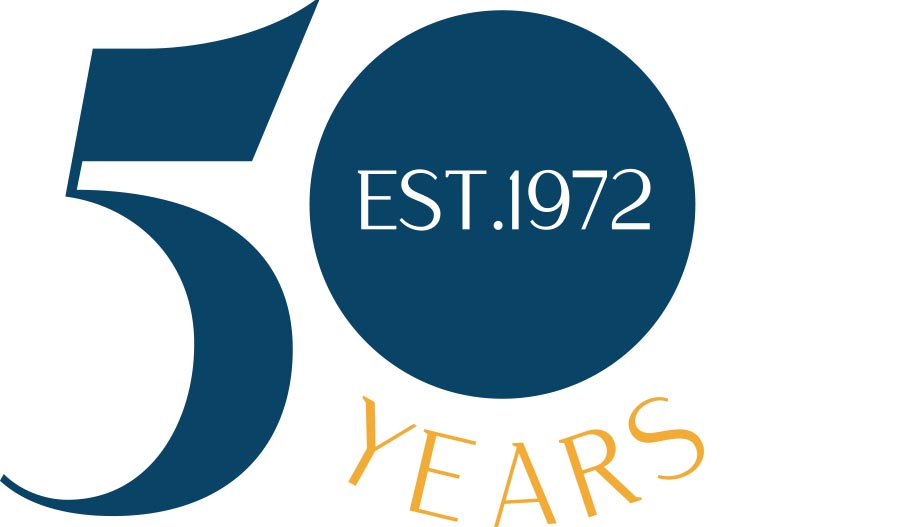This is a common question that we get from our corporate clients who have just incorporated a new corporation. Given that many corporations start with a very simple structure (think, a single person is the sole director and shareholder), it can feel like a redundant exercise in bureaucracy.
Relationship Breakdown
If one or both spouses in a relationship hold an interest in a private corporation that asset will likely be an important subject of discussion if the relationship ends. Sometimes after a relationship breakdown, the spouses no longer agree on their respective interests in the corporation and reference must be made to the Minute Book to resolve the dispute. Even where spouses agree on their respective interests, if a spouse was a shareholder, director, or officer, they will need to execute the appropriate Minute Book documentation to be removed from the corporation, assuming that is appropriate, following an exit from a “family business.”
If you have started a business with a friend or colleague but that business relationship has soured, you will be similarly aided in moving forward if the Minute Book has been kept up to date.
Estate Issues
Consider the situation of the family business where a parent has promised shares to one of their adult children or represented to them that they have received shares of the corporation but the Minute Book has not been updated. After the parent dies, their children are left to argue over what the correct result is.
Once a shareholder dies, they cannot go back and execute resolutions and other Minute Book documents that should already have been done. Even in a non-contentious situation, staying on top of your Minute Book updates will assist your Estate Trustees after your death in winding up the corporation, especially if a tax-efficient result is desired.
Impending Transaction
If you have spent years tirelessly building your business and are ready to sell the shares of the corporation, you should expect to get a request to view the corporation’s Minute Book. An incomplete Minute Book may be a red flag for a potential purchaser and may decrease the value someone is willing to pay for your business. Even if a transaction is structured as an asset sale, the transaction should be recorded in the Minute Book.
If you are not in a position to sell your business but are instead obtaining financing, the lender will require shareholder and director information in order to facilitate the loan. If the Minute Book is incomplete or inaccurate, it will likely need to be fixed prior to proceeding with the loan. If the loan is time-sensitive (ie. required for the closing of a purchase of land or other assets), this can cause serious stress.
CRA Audit
If your corporation is being audited, you may need to produce the Minute Book. You do not want to be in a situation where your Minute Book has not been updated in several years and it is now urgently needed. Any tax planning (such as an estate freeze or tax-deferred rollover) should be properly recorded at the time it takes place.
Lawyer’s Identification Requirements
If your corporation ever has any need for legal services, the lawyer acting for the corporation should be requesting the Minute Book. The Law Society of Ontario has strict rules for client identification verification and part of this includes verifying the shareholders of the corporation – which can only be done via the Minute Book.
Keeping your Minute Book up to date may feel tedious but a small amount of work each year can avoid a much larger amount of work at a later date or a serious problem that cannot be easily solved.




